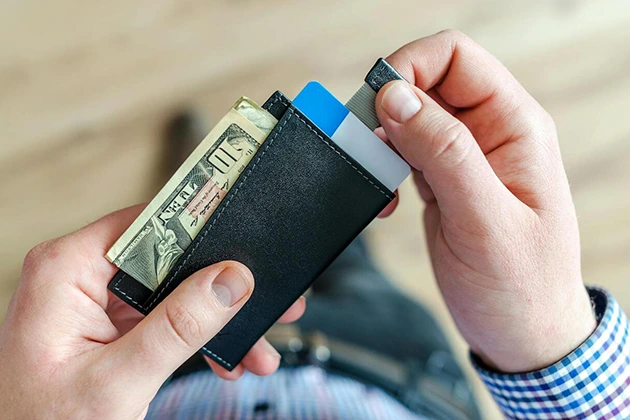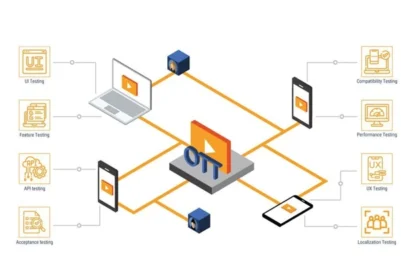While many of us do not think too much about it, the infrastructure of payments is the backbone of online casinos. After all, casinos are money-orientated businesses, and so it’s important that these transactions are fast and cheap.
However, fast and cheap isn’t quite enough for some – they want it to be secure, too, and sometimes even anonymous. This is where Paysafecard casinos have changed the game.
With the help of the Paysafecard Casinos guide by the experts at Kryptocasinos, below is a roundup of how this fringe payment system has slowly been taking over the payment space.
For players looking for a unique experience, you can explore Vox casino, where Paysafecard is accepted for easy and secure payments.
What is Paysafecard and How Does it Work?
Paysafecard is essentially a prepaid payment system. It’s different from traditional banking methods, and you don’t need a bank account or credit card. Instead, you purchase Paysafecard vouchers, and these can be done online or even in physical outlets. That’s important, because it can be bought with cash, which doesn’t leave a paper trail.
Each voucher comes with a unique 16-digit PIN. To make a deposit at an online casino you select Paysafecard at the cashier and enter the 16-digit PIN. The payment is then verified instantly.
What a Paysafecard Casino Means for Players
Paysafecard has more advantages than you may at first think. So, clearly the privacy factor is important, as they are a way to keep the casino transactions off your bank statements. This may be useful when applying for credit, as some lenders do not like such casino activity, or it may be done for domestic reasons.
But, there’s also the advantage of security too, as there’s a finite amount of funds on the card. So, if there was a security breach or your card data was compromised (e.g. over unsafe Wifi), you can only lose what is on the card. This is of course not the case with a bank card, which may have large savings or an overdraft.
Plus, this finite funds dynamic allows bettors to control their budget better. They’re essentially limiting themselves to how much they can deposit at the casino because of the decision they made prior, in how many vouchers to buy. This helps avoid emotional, on-the-spot deposits.
How Does it Stack Up to Traditional Payments?
Credit and debit cards are common ways to deposit at a casino, but they lack the same level of privacy and security. Direct links to bank accounts create fraud risks, as well as a general lack of privacy.
E-wallets do offer some anonymity, but these require accounts. Paysafecard essentially requires no registration, making it more accessible.
There are limitations to be aware of though of course. The main one is that while it’s increasingly common, Paysafecard is not always accepted yet at every casino – though top Paysafecard casinos are still in abundance. But the other consideration is taking money out, which clearly cannot be done with a prepaid card – so players still need an alternative method to withdraw. This can somewhat undermine the anonymity proposition, though the amount deposited will always be obscured.
Impact on the Industry
Paysafecard has really broadened access to online gaming. Its appeal is particularly strong for those wary of traditional banking, yet do not want the risks of crypto. The prepaid system aligns with responsible gambling initiatives too, so the gambling commissions are not particularly against the idea of it either, and some will even argue it’s helped increase the industry standards. The best Paysafecard casinos signal they’re in agreement by offering it as a deposit method.
Paysafecard’s impact on online casino payments is both undeniable and, with both regulators and operators in agreement, a net positive. It certainly gives off the appearance of accessibility, but it paradoxically provides a buffer – a second layer – for players to really think about how much they want to deposit.










